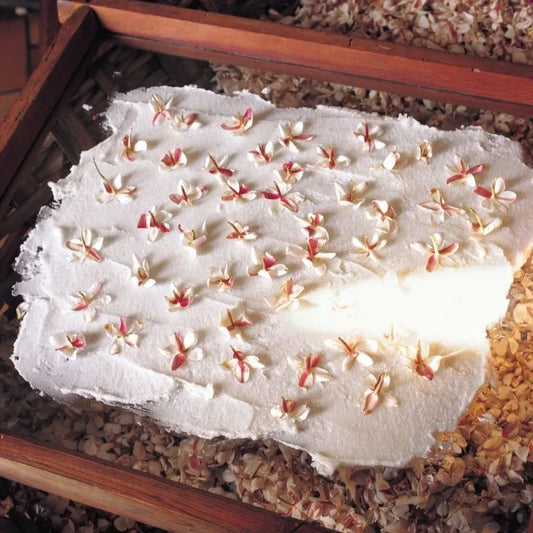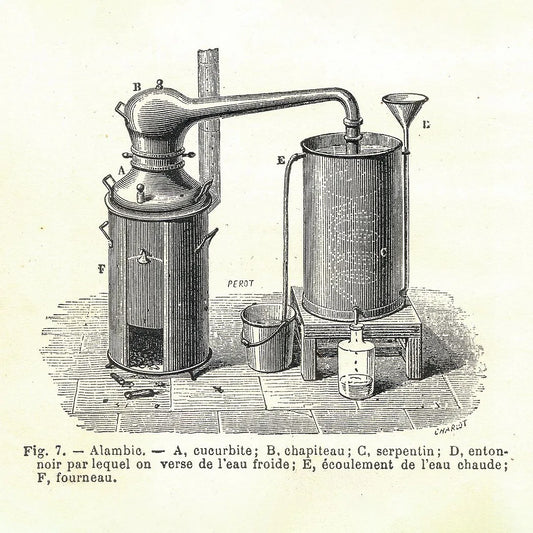Statements about essential oils curing any kind of medical condition must be met with skepticism until the scientific community has completed its research. The important thing to remember is to consider the source of the information: no one who will profit from the sale of the oils should be giving out medical advice. This takes us back to the snake oil salespeople of earlier times: they had no proof of their claims, but they managed to convince thousands of people to drink their magic elixirs and, when their symptoms cleared up by coincidence, actually believe that they were being helped by the swill.
People who have health issues often will search for solutions beyond whatever they have been offered by doctors, especially if they are fighting a chronic condition or a life-threatening one. Some forms of alternative medicine have proven benefits, while others do not—and for the most part, studies of essential oils have not yet provided definitive proof that they are effective in fighting illnesses or diseases. Joy Victory, deputy managing editor of HealthNewsReview.org, noted in a 2017 article that essential oils are “being marketed to tense, health-conscious Americans searching for inexpensive ‘natural’ cures.” Sellers of these oils are “trained to carefully make generic health statements—e.g. ‘It supports healthy digestion!’—to escape the attention of federal regulators who would flag more specific claims.”
As essential oils gained in popularity in the late 1990s and early 2000s, one marketing company claimed to have found evidence that a band of robbers in the fifteenth century tied bundles of specific aromatic plants into scarves that they wore over their noses and mouths, to protect them as they looted the homes of people who had died of one of the era’s contagious diseases. The oils in these plants, the story goes, kept the men from contracting the pathogen and getting sick, allowing them to become quite wealthy during the pandemic. If these thieves avoided the plague, the company’s advertising claimed, it stands to reason that our oils will keep you from getting sick.
We who have survived the 2020–2021 pandemic know that wearing a double cloth face mask would have been good enough to keep the vast majority of people from getting the virus; the plants the fifteenth-century thieves wore (if they wore them at all) would have provided nothing more than a little extra filtering material. The story continues to be told, however, and while the FDA ordered the company to take down claims displayed on their website that their oils can prevent modern-day viruses, representatives of the company speaking one-on-one with customers may be quick to point to a special blend of oils that they market as the one true antiviral concoction.
There’s another culprit in leading consumers to believe that essential oils have proven health benefits: the popular media. Stories in many media outlets including USA Today, Prevention, Women’s Health, many wire services, and news websites provide the points of view of people who sell essential oils, claiming that they “may” treat all manner of health conditions, from weight loss to muscle pain to IBS. Some of these articles go so far as to cite a preliminary study, but these are often pre-publication studies that have not been reviewed by a peer group of scientists to determine if their research methods are sound. Worse, most of the spokespeople quoted have a vested interest in selling essential oils. These stories do not go so far as to locate scientific researchers who can provide real information about their own studies—instead, they focus on the claims of salespeople. This makes any statements in the articles suspect.
For any claim of medical benefit, the information should come from a credible source: a peer-reviewed scientific journal, for example. Even pre-publication websites that contain scientific papers can fall into the questionable category, as the researchers’ methodology and conclusions may not measure up to the rigorous standards followed by most scientific journals. The National Cancer Institute’s page on aromatherapy and essential oils recommends that a reputable study describe clinical findings “in enough detail that a meaningful evaluation can be made” and that it report on a therapeutic outcome—a “measured improvement in quality of life,” for example. If, on the other hand, the information is anecdotal, the conclusions will benefit a specific company, or if there are no details about how, when, or where the study was conducted, it should not be taken as medical advice.





